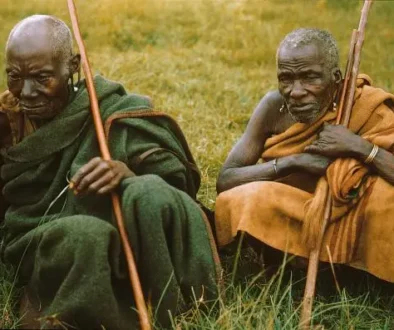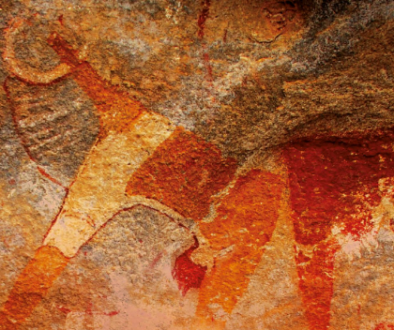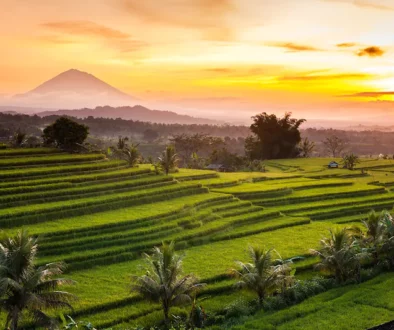Ethnoichthyology and Ethnotaxonomy of the Kichwa Indigenous People of Arawanu (Arajuno), in the Ecuadorian Amazon
The Amazon Basin is home to a large number of indigenous nationalities who have co-evolved with aquatic habitats and fish, generating high-precision traditional ecological knowledge. However, this biocultural heritage is threatened by the degradation of rivers and fisheries, and by cultural erosion. This research was designed and conducted in the community of Arawanu (Arajuno in Spanish), in the Ecuadorian Amazon, and was requested by this Kichwa people who sought guidance to gather, systematize and disseminate their ethno-etiological knowledge. Data were collected through participatory workshops, in group dynamics, to identify, name and classify local fish and collect biocultural information. From the Linnaean taxonomic perspective, 86 taxa were identified, included in 26 families, corresponding to 16 ethnofamilies and 58 kitchwa ethnospecies. The Kichwa ethno-ettiological classification is multidimensional and takes into account attributes such as skin and scales, spines, meat quality and body shape, diet and prominence. Of the 58 ethnospecies, 38 were valued for consumption, while 40 were used for medicinal and spiritual uses. The information gathered can be key to adapting local education systems to the Kichwa worldview and passing on traditional ecological knowledge to future generations, fostering a respectful, careful and conscious relationship between humans and nature. The results offer a collection of solid and new information, a practical guide for conducting ethnobiological surveys, and lay the groundwork for developing and promoting sustainable fishing strategies, which will allow the conservation of local ichthyofauna.




